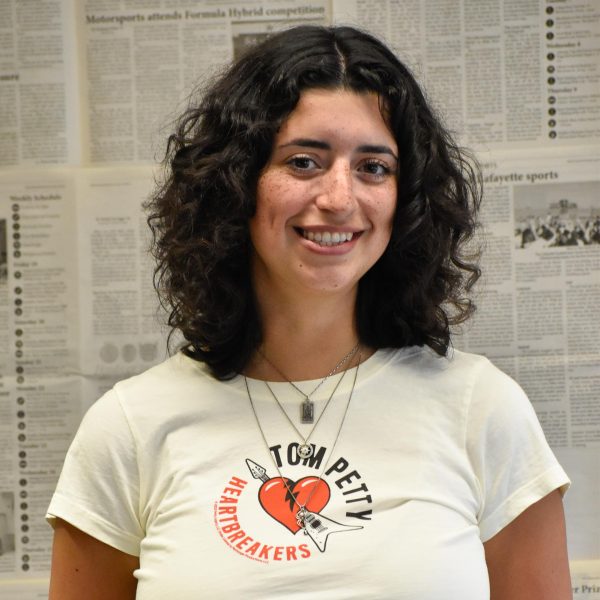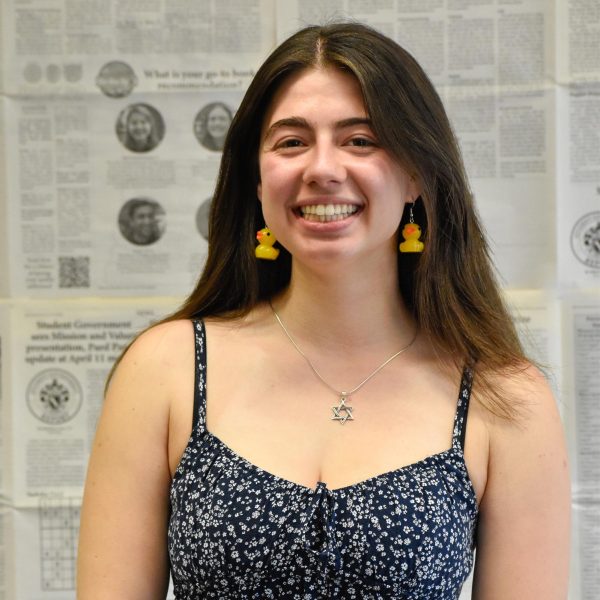An Indigenous Studies minor, falling under a new interdisciplinary Indigenous Studies program, will be available for students to pursue next semester after it was approved by faculty last week.
“I have thought about it on and off for the last 20 years, but I wasn’t aware that we had enough faculty,” said Andrea Smith, an anthropology & sociology professor who studies global colonialism, about the minor.
“Students will learn about Indigeneity and the history and cultures of Indigenous peoples in many different global contexts,” the proposal for the minor reads. “Students in this area study the realities of settler colonialism, a form of colonialism found in Australia, Canada, as well as the United States. Understanding the environmental, social and political legacy of colonial conquests as well as Indigenous rights, activism, and forms of knowledge and their relation to the environment are all topics that transcend political boundaries.”
To achieve the minor, students must complete five of 18 approved courses and no more than two courses can overlap with their intended major, according to Brett Hendrickson, religious studies department head and chair of the Faculty Educational Policy Committee that oversees changes to the curriculum.
Three courses — A&S 102 Cultural Anthropology, EVST 100 Intro to the Environment and REL 232 Religions in Latin America — “count for the minor on a case by case basis, upon approval by the program committee,” according to an email from Smith. She explained that depending on the professor teaching the course, it may or may not relate to Indigenous studies, so students would have to petition for it to contribute to the minor.
Other course examples include ENG 175 Native American Literature, A&S 316 Global Colonialism and EVST 253 Environmental Justice. According to an email from Smith, Native American Literature will be taught by Katelyn Lucas, the historic preservation officer for the Delaware Nation, next semester.
“Much of these histories and Indigenous presence, whether local or global, have been ignored for centuries even though Indigenous peoples are still creating their futures as we speak, and the fact that students want to learn these histories, is something that I think, as an educator working in Native American and Indigenous Studies, is very important and something that I can help with,” wrote Kyle Keeler, an environmental science and studies assistant professor who teaches Environmental Justice, in an email.
Abigail Schaus ‘24 said that the creation of the minor was spearheaded by the Indigenous Rights Coalition, an unofficial student and faculty group “dedicated to advocating for indigenous sovereignty and combating ongoing settler colonization on campus,” according to its mission statement. Keeler and Smith also credited the group with catalyzing the process.
According to Schaus, a member of the coalition, the group started planning for the minor last September as its “next really big course of tangible action” and worked with various faculty and administrators to create a proposal that was submitted to the Faculty Educational Policy Committee for review in January.
The group also consulted the Delaware Nation for collaboration about courses that discuss the Lenape Nation, the tribe indigenous to the Lehigh Valley.
“Doing that relationship building has been really important,” Schaus said.
Schaus also mentioned that the group looked at relevant colleges to see what similar programs they might offer. Lehigh University has an Insitute for Indigenous Studies for research and community outreach, but not academics. Moravian University has an Indigenous Studies certificate and Muhlenberg College does not have a dedicated program.
Schaus said that it was exciting for one of the goals of the coalition to be seen through and “to see the school start moving into more institutional accountability and commitment to prioritizing Indigenous cosmologies.”
“It’s also not just performative,” she added.
The faculty approved the minor in a 103 to eight vote during its April 23 meeting, according to Joshua Smith, the clerk of the faculty. Andrea Smith said that there was virtually no discussion or debate beforehand.




























































































































